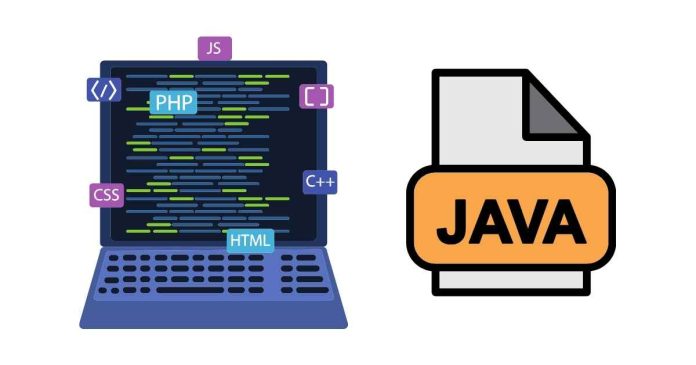In Java, a virtual function refers to any non-static method that can be overridden in a subclass. By default, all non-static methods in Java are virtual, meaning their behavior can be redefined in subclasses using method overriding. Virtual functions enable runtime polymorphism, where the method that gets executed is determined by the object’s runtime type, not its compile-time type. This mechanism is achieved through dynamic method dispatch. For example, if a parent class reference points to a child class object, the overridden method in the child class will be executed. This feature is key to Java’s object-oriented programming.



